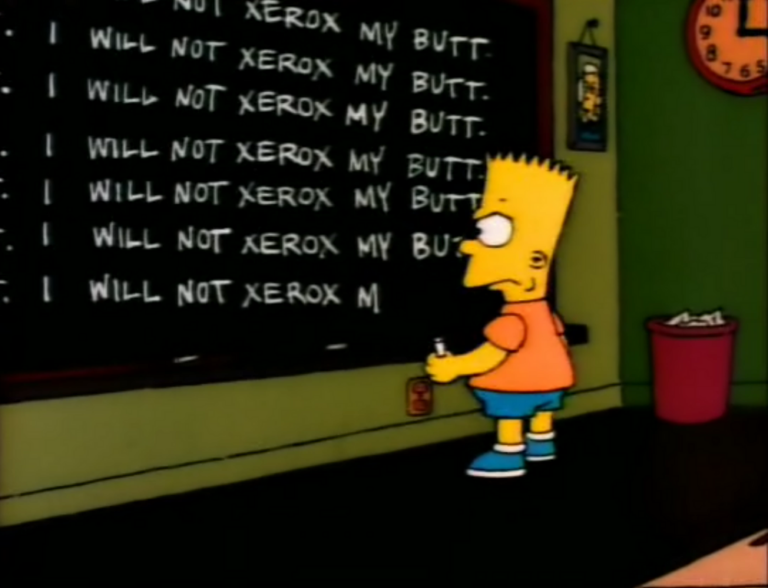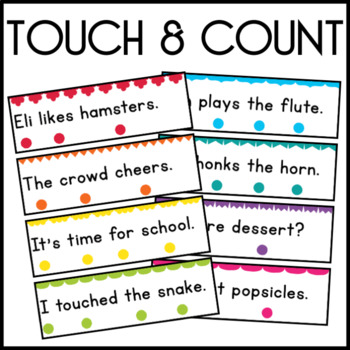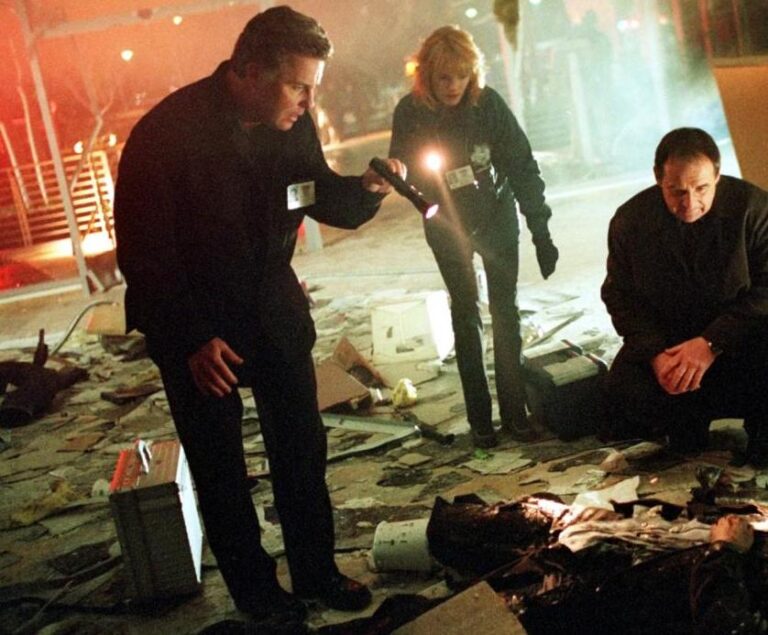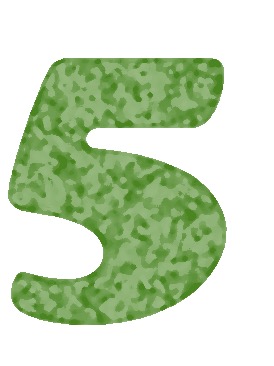The zen of editing
A lot goes on at once when I edit a document. I am attempting to accomplish two goals simultaneously. First, make the document better. And second, make the writer a better writer. How this works Here’s how I edit a document. First I give it a cursory once over, just to see the general shape,…








